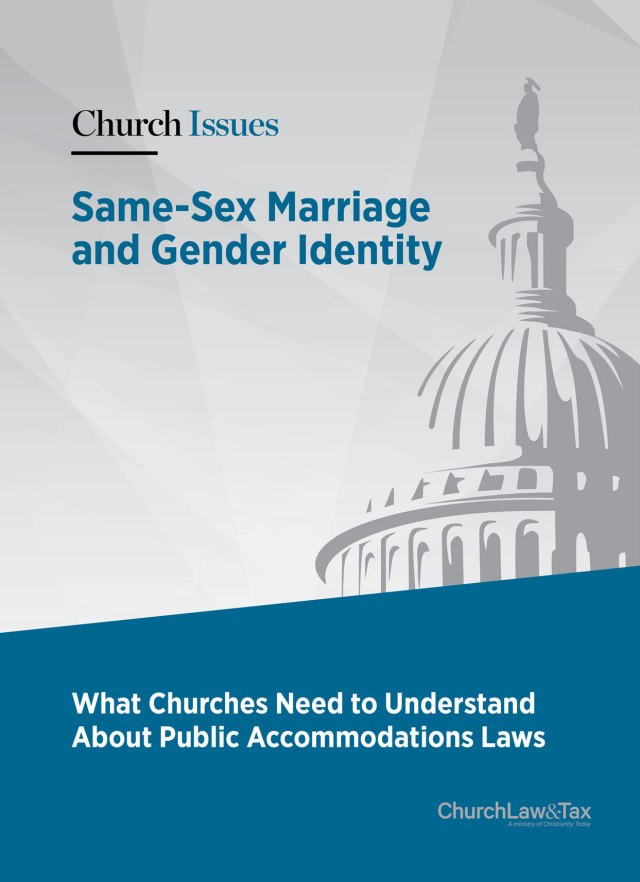Key point 3-04. All states permit clergy to perform marriage ceremonies. However, some states permit only "ordained" or some other classification of clergy to perform marriage ceremonies. It is important for clergy to determine if they are legally authorized to perform marriages under applicable state law, and to be aware of the legal qualifications for marriage and any license and reporting requirements prescribed by state law.
The Nebraska Supreme Court ruled that a marriage of 26 years was valid despite the fact that the judge who performed the marriage ceremony failed to return a certificate of marriage to the county clerk as required by law.
A couple was married by a judge at a county courthouse. Prior to their marriage the couple obtained a "License and Certificate of Marriage" form. This form contained a section to be completed by the person solemnizing the marriage certifying that he or she joined the parties in marriage in the presence of two witnesses. The form was then to be presented to the clerk of the county court for filing.
The husband later asked a local court to declare that "no marriage ever existed" because the return was not completed and filed. The wife claimed that the couple was married by the county judge in a ceremony attended by approximately 250 people. At the conclusion of the ceremony, the judge asked the witnesses to accompany him to a small table at the front of the room, where he asked the witnesses to sign the original marriage certificate. The wife's maid of honor confirmed the signing of the certificate at the table. The wife also asserted that when she and her husband returned from their honeymoon, she asked him what he had done with the original marriage certificate, and he replied that he had placed it in a safe in his office.
The husband claimed that he had no idea what happened to the marriage license after it was issued. He did not recall whether a marriage certificate was ever signed, and he did not recall ever seeing an original marriage certificate.
The trial court noted that the question before it was "whether a fully executed and duly filed return of a marriage license is a legal requirement for a valid marriage." The court concluded that the requirements for a valid legal marriage had been met. The court further determined that the state law relating to a return of a marriage certificate was "procedural" and "did not constitute substantive requirements for a valid legal marriage." The court also determined that "the evidence as presented is uncontroverted that the parties have held themselves out as husband and wife since the date of their marriage and have continued to do so for the past 26 years."
The state supreme court agreed that the marriage was legally valid. It acknowledged that state law stipulated that persons performing a marriage ceremony had to return a completed certificate of marriage to the county clerk within one month of the marriage. But it concluded: "We find no indication in the statutes that the legislature intended to penalize the parties to a duly licensed and solemnized marriage for an officiant's subsequent failure to complete and file the return. The purpose of the return is to provide an official record that the solemnization ceremony was performed … . In the absence of the certificate, parties would be required to prove the existence of the marriage by some other means, as they did in this case."
What This Means For Churches:
Most states require persons who solemnize a marriage, including ministers, to return a marriage certificate to a local official within a specified period of time. But, as this case illustrates, the failure to comply with this requirement will not necessarily affect the validity of the marriage. Vlach v. Vlach, 2013 WL 3113261 (Neb. 2013).




